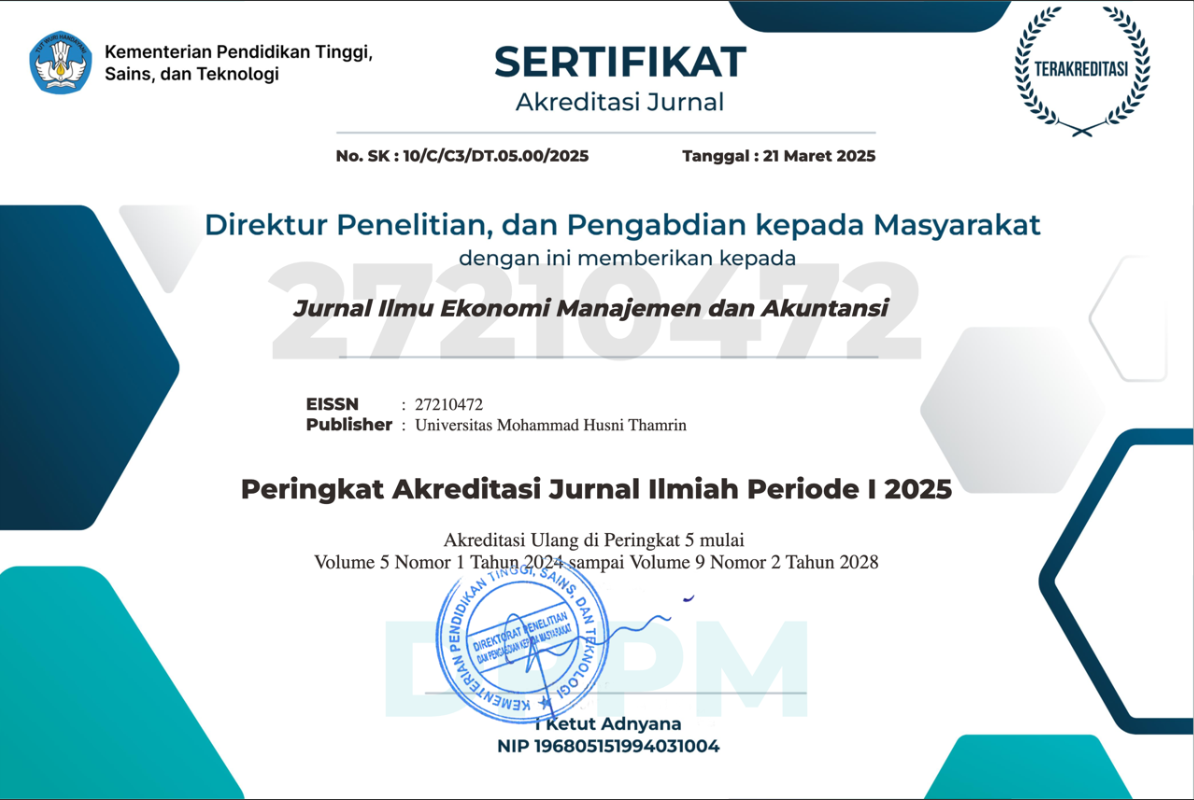The Influence of Compensation, Motivation and Workload on Employee Performance at the Research and Development Planning Agency of Berau Regency with Job Satisfaction as an Intervening Variable
DOI:
https://doi.org/10.37012/ileka.v6i2.3075Abstract
This study aims to analyze the influence of compensation, work motivation, and workload on employee performance at the Badan Perencanaan Penelitian dan Pengembangan (Bapelitbang) Berau Regency, with job satisfaction as an intervening variable. A quantitative approach with a causal design was employed, involving 56 employees selected through a census technique. Data were collected via questionnaires and analyzed using path analysis and single factor analysis with AMOS software. The results indicate that compensation (estimate 0.347, p<0.001) and work motivation (estimate 0.367, p<0.001) positively and significantly affect job satisfaction, while workload (estimate -0.318, p=0.003) has a negative and significant effect. Compensation (estimate 0.245, p=0.007) and job satisfaction (estimate 0.489, p=0.002) positively and significantly influence employee performance, but work motivation (p=0.122) and workload (p=0.341) do not have a direct significant effect. Job satisfaction mediates the relationship between compensation, work motivation, and workload on employee performance, with R² values of 0.795 for job satisfaction and 0.883 for performance. The uneven distribution of compensation and workload, as evidenced by a satisfaction survey (44.64% dissatisfied) and the 2024 job analysis, significantly impacts satisfaction and performance. The study recommends designing fairer compensation policies based on workload and optimizing workload management to enhance job satisfaction and employee performance at Bapelitbang Berau Regency.
Downloads
Published
Issue
Section
Citation Check
License
Copyright (c) 2025 Ecuk Wibowo

This work is licensed under a Creative Commons Attribution 4.0 International License.
Jurnal Ilmu Ekonomi Manajemen dan Akuntansi (ILEKA) Universitas Mohammad Husni Thamrin allows readers to read, download, copy, distribute, print, search, or link to the full texts of its articles and allow readers to use them for any other lawful purpose. The journal allows the author(s) to hold the copyright without restrictions. Finally, the journal allows the author(s) to retain publishing rights without restrictions Authors are allowed to archive their submitted article in an open access repository Authors are allowed to archive the final published article in an open access repository with an acknowledgment of its initial publication in this journal.

Jurnal Ilmu Ekonomi Manajemen Akuntansi (ILEKA) Mohammad Husni Thamrin is licensed under a Creative Commons Attribution 4.0 International License.











